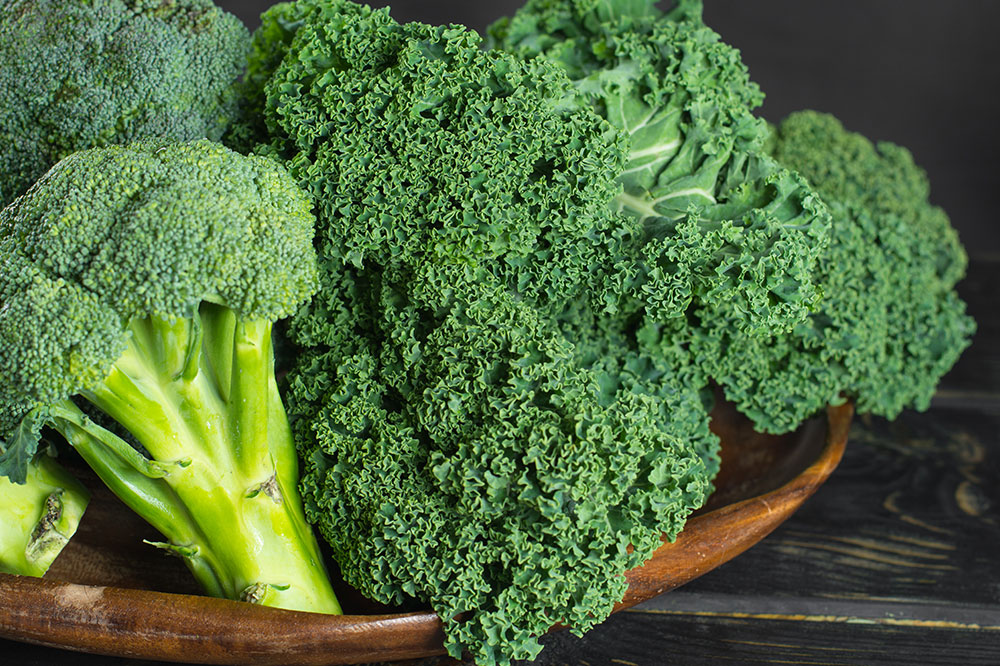Effective Strategies for Managing Lymphoma
Discover comprehensive strategies for managing lymphoma, including treatment options, dietary tips, and lifestyle changes. Early detection and tailored therapies can improve outcomes. Incorporate nutritious foods, exercise regularly, and manage stress effectively to enhance quality of life and support treatment success.

Effective Strategies for Managing Lymphoma
The lymphatic system plays a crucial role in immune defense, consisting of lymph nodes, spleen, thymus gland, and bone marrow. When abnormal growth occurs in this system, it results in lymphoma, with Hodgkin's and non-Hodgkin's being the main types—non-Hodgkin's is more prevalent. Early detection significantly improves treatment outcomes. Treatment approaches are tailored based on lymphoma type, stage, and severity, often combining multiple therapies for optimal results.
Treatment Options
Standard lymphoma treatment usually involves a combination of therapies. Oral medications are commonly prescribed for certain types, including mantle cell, small lymphocytic, and marginal zone lymphoma.
Certain treatments target the enzyme Bruton tyrosine kinase (BTK), which is linked to lymphoma development. The choice, duration, and frequency of these treatments depend on the patient’s overall health. These therapies may be used alone or combined with others, such as chimeric antigen receptor (CAR) T-cell therapy, chemotherapy, immunotherapy, radiation, or stem cell transplants.
Diet and Nutrition Tips
While no diet can cure lymphoma, proper nutrition can alleviate symptoms and minimize treatment side effects. Consuming fresh fruits and vegetables rich in antioxidants supports immune function and fights cancer. Examples include carrots, sweet potatoes, spinach, broccoli, avocados, and citrus fruits. Cruciferous vegetables like kale and cauliflower contain glucosinolates that may help prevent relapse. Patients with low white blood cell counts should avoid foods with live bacteria, such as probiotic yogurts, kimchi, raw honey, and aged cheeses.
Lifestyle Adjustments
Incorporating healthy lifestyle habits can improve management of lymphoma. Regular physical activity, such as brisk walking, cycling, or swimming, for at least 30 minutes five days a week, can strengthen muscles and bones while reducing stress and fatigue. Stress-relief practices like meditation, yoga, or Tai Chi can also support overall well-being and enhance recovery.










